How Much is a Crown in Mexico? Your Ultimate Guide to Costs & Care
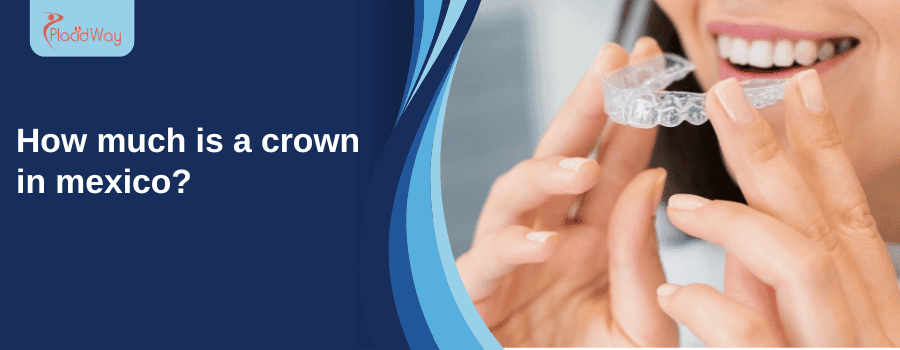
Considering dental work abroad? You're likely wondering, "how much is a crown in Mexico?" The short answer is: significantly less than in the US or Canada, often ranging from $180 to $600 USD per crown depending on the material and clinic. Mexico has become a prime destination for dental tourism, offering high-quality dental crowns at a fraction of the cost, making it an attractive option for those seeking affordable and expert dental care.
This blog post will delve into everything you need to know about getting a dental crown in Mexico. We’ll cover the costs, types of crowns available, what the procedure entails, the quality of care, and much more, addressing the common questions people are searching for.
What is the Average Cost of a Dental Crown in Mexico?
This price is significantly lower than in countries like the United States or Canada, where the same procedure can cost between $800 and $3,000 per crown. The exact cost in Mexico can vary based on several factors, including the type of material used for the crown, the complexity of the dental work required, the dentist's experience, and the clinic's location. For instance, a Porcelain-Fused-to-Metal (PFM) crown might be at the lower end of the price range, while a full Zirconia or E-max crown could be at the higher end.
It's common for patients to save 50-70% on dental crowns in Mexico compared to prices in their home countries. This substantial saving allows many to afford necessary dental work that might otherwise be out of reach, or even to upgrade to higher quality materials for their crowns.
What are the Different Types of Dental Crowns Available in Mexico and Their Prices?
Each type of crown has its own set of advantages, disadvantages, and associated costs:
Porcelain-Fused-to-Metal (PFM) Crowns: These crowns have a metal base with porcelain fused to the exterior. They offer good strength and aesthetics.
- Pros: Durable, good aesthetics, relatively affordable.
- Cons: The metal base can sometimes show as a dark line at the gum, and some people may have metal sensitivities.
- Average Price in Mexico: $180 - $370 USD.
All-Porcelain or All-Ceramic Crowns: These are made entirely of porcelain or other ceramic materials, providing the most natural tooth appearance.
- Pros: Excellent aesthetics (best color match), biocompatible, suitable for front teeth.
- Cons: May not be as strong as PFM or Zirconia crowns, potentially more prone to chipping under heavy biting forces.
- Average Price in Mexico: $350 - $500 USD.
Zirconia Crowns: Made from zirconium dioxide, a very strong and durable ceramic material. They offer a good combination of strength and aesthetics.
- Pros: Extremely strong and durable (good for molars), good aesthetics (can be color-matched), biocompatible.
- Cons: Can be more abrasive to opposing teeth, slightly less translucent than E-max.
- Average Price in Mexico: $350 - $600 USD.
E-max Crowns: A specific type of all-ceramic crown made from lithium disilicate glass-ceramic. Known for their excellent aesthetics and good strength.
- Pros: Superior aesthetics (highly translucent and natural-looking), good durability, often used for front teeth.
- Cons: Can be more expensive than other types, may not be suitable for all situations (e.g., very heavy grinders).
- Average Price in Mexico: $450 - $550 USD.
Gold Crowns (and other metal alloys): While less common for aesthetic reasons, gold crowns are extremely durable and gentle on opposing teeth.
- Pros: Highly durable, long-lasting, biocompatible, minimal tooth wear to opposing teeth.
- Cons: Metallic appearance (not aesthetically pleasing for visible teeth), can be expensive depending on gold prices.
- Average Price in Mexico: $400 - $700 USD (varies with gold market).
Temporary Crowns: Usually made from acrylic or resin, used to protect the tooth while a permanent crown is being fabricated.
- Average Price in Mexico: $10 - $50 USD, though often included in the total cost of the permanent crown.
What Factors Influence the Cost of Dental Crowns in Mexico?
Let's break these down:
- Crown Material: As discussed above, materials like Zirconia or E-max are generally more expensive than PFM crowns due to material costs and processing.
- Number of Crowns: Naturally, the more crowns you need, the higher the total cost, though some clinics may offer package deals for multiple crowns (e.g., smile makeovers).
- Complexity of the Case: If additional procedures are necessary before placing the crown, such as a root canal, post and core buildup, or gum contouring, these will add to the overall cost.
- Dentist's Expertise and Clinic's Reputation: Highly experienced dentists or specialists (prosthodontists) and well-known clinics with advanced technology (like CAD/CAM systems for same-day crowns) may charge more.
- Geographic Location: Prices can vary slightly between different cities in Mexico. Border towns known for dental tourism might have competitive pricing, while clinics in larger cities or resort areas might have different price structures.
- Laboratory Fees: The quality of the dental lab used to fabricate the crown also plays a role. High-end labs using premium materials and advanced techniques may have higher fees, which are passed on to the patient.
Why are Dental Crowns Cheaper in Mexico?
It's crucial to understand that lower prices do not necessarily mean lower quality. Many Mexican dentists are highly trained, often with education and certifications from the US or Europe. Clinics catering to dental tourists frequently invest in state-of-the-art technology and high-quality materials to meet international standards. The significant price difference is largely attributable to economic factors rather than a compromise on the quality of care or materials used for dental work in Mexico.
Is it Safe to Get Dental Crowns in Mexico?
Patient safety is a priority for established dental clinics in Mexico, especially those catering to international patients. Many dentists in Mexico have received training in the US or other Western countries and are members of international dental associations. Clinics often use modern equipment, follow strict sterilization protocols similar to those in the US and Canada, and utilize high-quality materials for dental crowns. Look for clinics with good reviews, patient testimonials, and clear information about their dentists' qualifications and accreditations.
What is the Quality of Dental Crowns in Mexico?
Many Mexican dental clinics serving international patients understand the importance of using world-class materials and techniques. They often source their materials from the same trusted international suppliers used by dentists in the US and Europe. Brands like Ivoclar Vivadent (for E-max) and various high-quality Zirconia blocks are commonly used. The key is to select a clinic that is transparent about the materials they use and has a proven track record of providing durable and aesthetically pleasing dental crowns.
How Long Does it Take to Get a Dental Crown in Mexico?
The traditional process involves:
- First Visit (Preparation & Impression): The dentist prepares the tooth (reshaping it), takes an impression (mold) of the prepared tooth and surrounding teeth, and places a temporary crown. This visit can take 1-2 hours. The impression is then sent to a dental lab to fabricate the permanent crown, which usually takes a few days.
- Second Visit (Placement): Once the permanent crown is ready (typically 2-5 days later), you return to the dentist. The temporary crown is removed, and the permanent crown is checked for fit, bite, and color before being cemented into place. This visit usually takes about anhour.
For clinics with CEREC® or similar CAD/CAM technology, the entire process—from digital impression to crown milling and placement—can sometimes be completed in a single visit lasting a few hours. This is a great option if you have limited time in Mexico.
What Should I Expect During the Dental Crown Procedure in Mexico?
The typical steps are:
- Consultation and Examination: Your dentist will examine your tooth, possibly take X-rays, and discuss the best type of crown for your needs.
- Tooth Preparation: The area will be numbed with local anesthesia. The dentist will then remove any decay and reshape the tooth to make space for the crown.
- Impression: An impression (either a physical mold or a digital scan) of the prepared tooth and adjacent teeth is taken. This is used to create a custom-fit crown.
- Temporary Crown: A temporary crown is placed over the prepared tooth to protect it while your permanent crown is being made in a dental lab (unless you are getting a same-day crown).
- Permanent Crown Placement: On your next visit (or later the same day for CEREC crowns), the temporary crown is removed. The permanent crown is checked for fit, color, and bite. If everything is satisfactory, the crown is permanently cemented or bonded onto your tooth.
- Aftercare Instructions: Your dentist will provide instructions on how to care for your new crown.
How Long Do Dental Crowns from Mexico Last?
Zirconia and gold crowns are known for their exceptional durability and can often last the longest. Porcelain-fused-to-metal and all-porcelain crowns also have a good lifespan with proper care. To maximize the life of your dental crown:
- Maintain good oral hygiene: Brush twice a day, floss daily (especially around the crown).
- Avoid biting hard objects: Don't chew on ice, hard candy, or use your teeth to open packages.
- Wear a nightguard if you grind your teeth (bruxism).
- Attend regular dental check-ups and cleanings.
Are There Reputable Dental Clinics in Mexico for Crowns?
When searching for a clinic:
- Check credentials: Verify the dentist's qualifications, specializations, and experience.
- Read reviews and testimonials: Look for feedback from previous international patients.
- Ask about materials and technology: Ensure they use high-quality materials and modern equipment.
- Request a detailed treatment plan and quote: Understand all the costs involved.
- Look for guarantees or warranties: Some clinics offer warranties on their dental work.
What are the Best Cities in Mexico for Dental Crowns?
Tijuana: Very convenient for those in Southern California. A wide range of clinics and specialists.
- Los Algodones: A small border town almost entirely dedicated to dentistry, offering very competitive prices. Easy access from Arizona and California.
- Cancun & Playa del Carmen: Ideal if you want to combine your dental treatment with a beach vacation. Many modern, high-end clinics.
- Puerto Vallarta: Another popular tourist destination with excellent dental facilities.
- Mexico City: The capital city offers a wide array of highly qualified specialists and advanced dental hospitals.
- Guadalajara: Known for its quality medical and dental schools, offering skilled professionals.
The "best" city depends on your priorities regarding travel convenience, cost, desired vacation experience, and the specific type of dental expertise you require.
Do I Need a Passport to Get Dental Crowns in Mexico?
While there have been some exceptions for land border crossings for very short trips in the past, current regulations and for air travel, a passport is standard. US citizens should also check the latest requirements for land border crossings (e.g., passport card acceptability). It's always best to travel with your valid passport to avoid any issues.
Can I Use Dental Insurance for Crowns in Mexico?
It's essential to contact your insurance provider before your trip to understand their policy on international dental care. Ask about:
- Coverage for out-of-network providers.
- Coverage for specific procedures like dental crowns.
- The reimbursement process and required documentation (e.g., detailed receipts, treatment codes). Many Mexican clinics are accustomed to providing the necessary paperwork for insurance claims. However, do not expect direct billing; you will usually pay the clinic directly and then seek reimbursement from your insurer.
What Payment Methods are Accepted for Dental Crowns in Mexico?
Be aware that some clinics might offer a slight discount for cash payments as it avoids credit card processing fees. Also, inform your bank and credit card company about your travel plans to Mexico to ensure your cards work without any issues.
What Questions Should I Ask Before Getting a Crown in Mexico?
Here’s a checklist of questions:
- What are your qualifications and experience with dental crowns?
- What type of crown material (e.g., Zirconia, E-max, PFM) do you recommend for my specific tooth and why? What brand do you use?
- Can you provide a detailed breakdown of all costs? Are there any potential additional charges (e.g., for X-rays, root canals, core buildups)?
- How many appointments will be required, and what is the timeline for the entire procedure?
- Do you have an in-house lab, or do you use an external lab? If external, which one?
- Do you offer a warranty or guarantee on the dental crown? If so, what are the terms and conditions?
- What does the aftercare involve? What if I have a problem with the crown after I return home?
- Can I see before-and-after photos of previous patients who had similar crown work done by you?
- What sterilization and hygiene protocols do you follow?
- What are the payment options?
Having clear answers to these questions will help you make an informed decision and feel more confident about your dental treatment in Mexico.
Ready to explore affordable, high-quality dental solutions like crowns in Mexico? PlacidWay can help you connect with trusted clinics and experienced dentists. Explore your options for dental crowns in Mexico and start your journey to a healthier, more confident smile today!


.png)
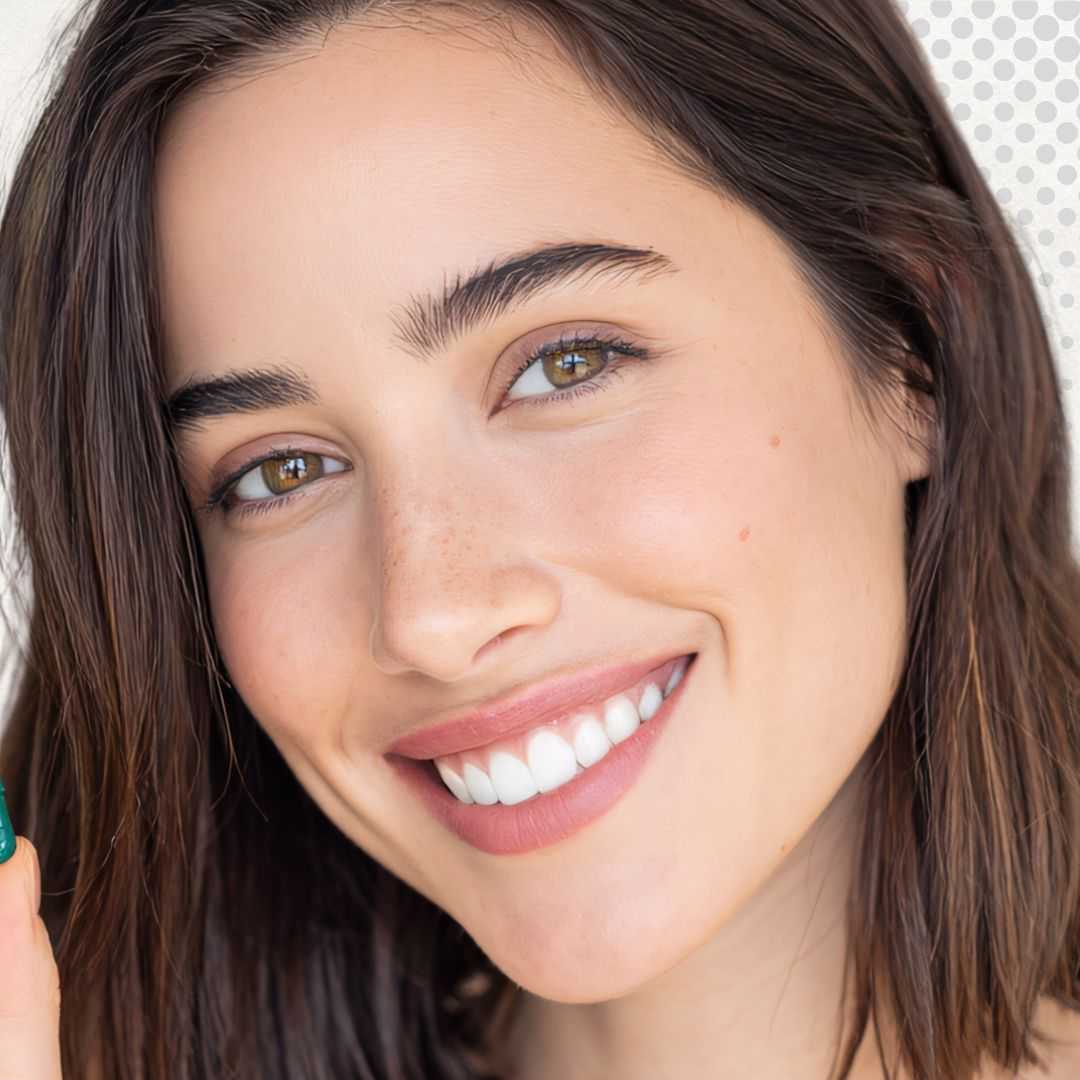


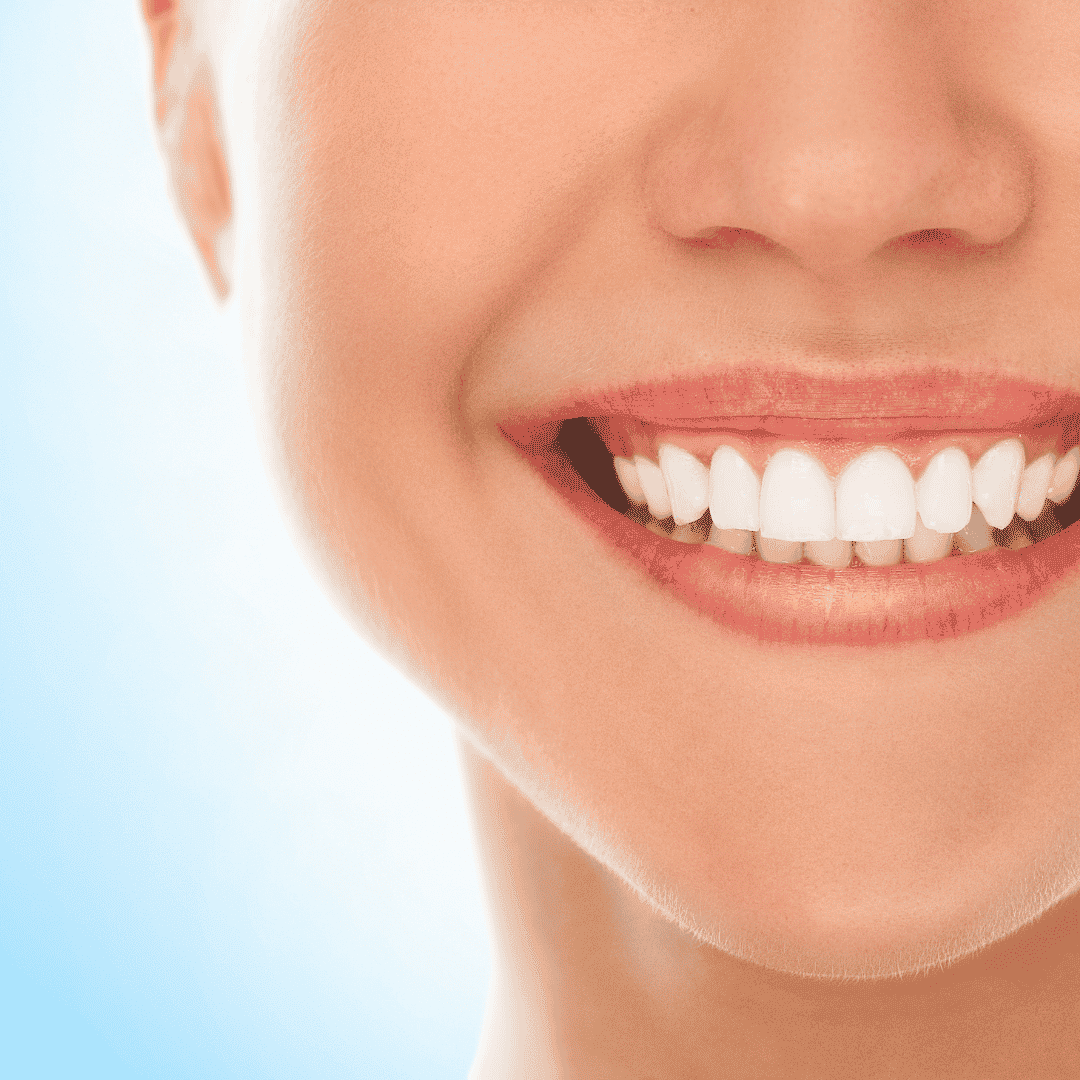
.png)
.png)
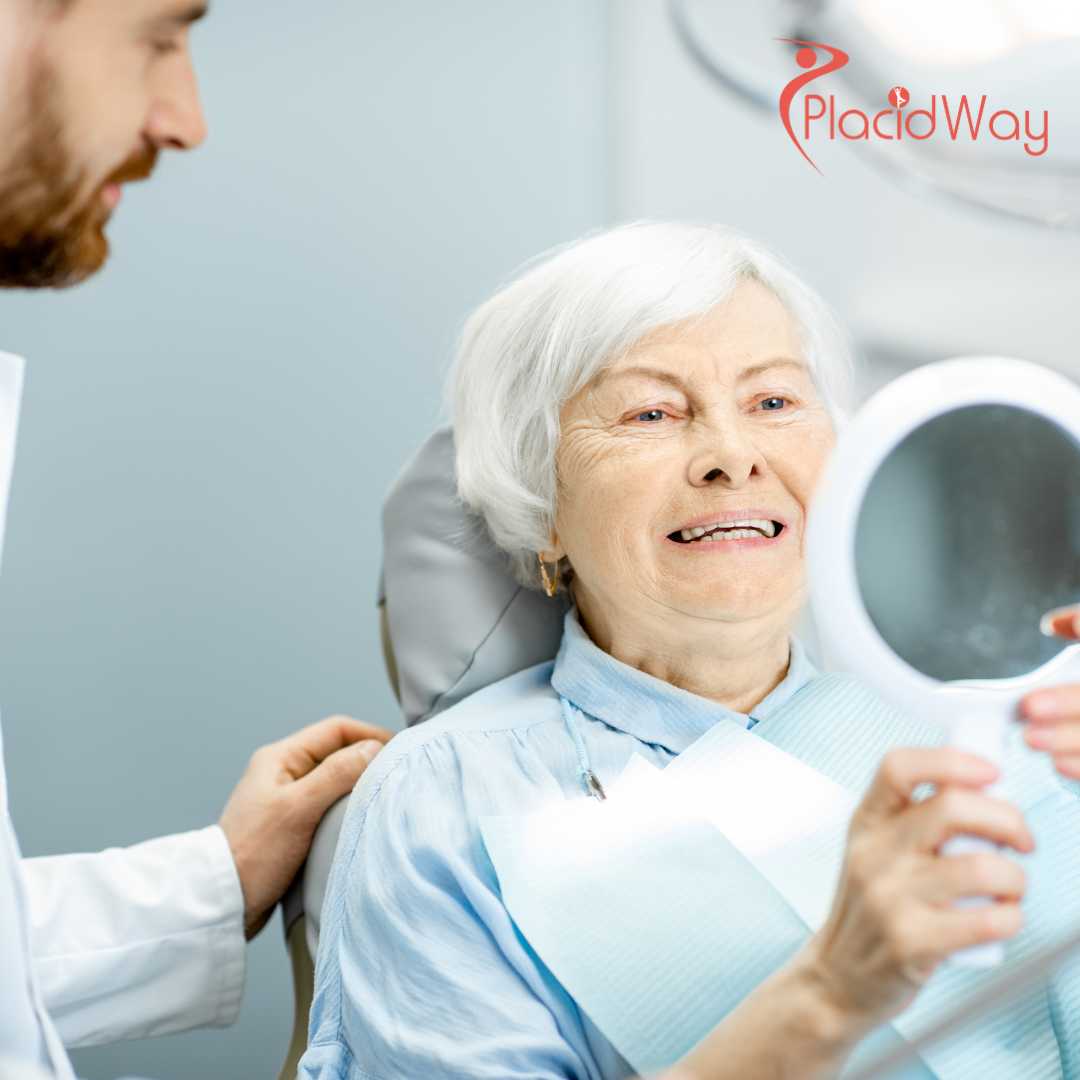
.png)
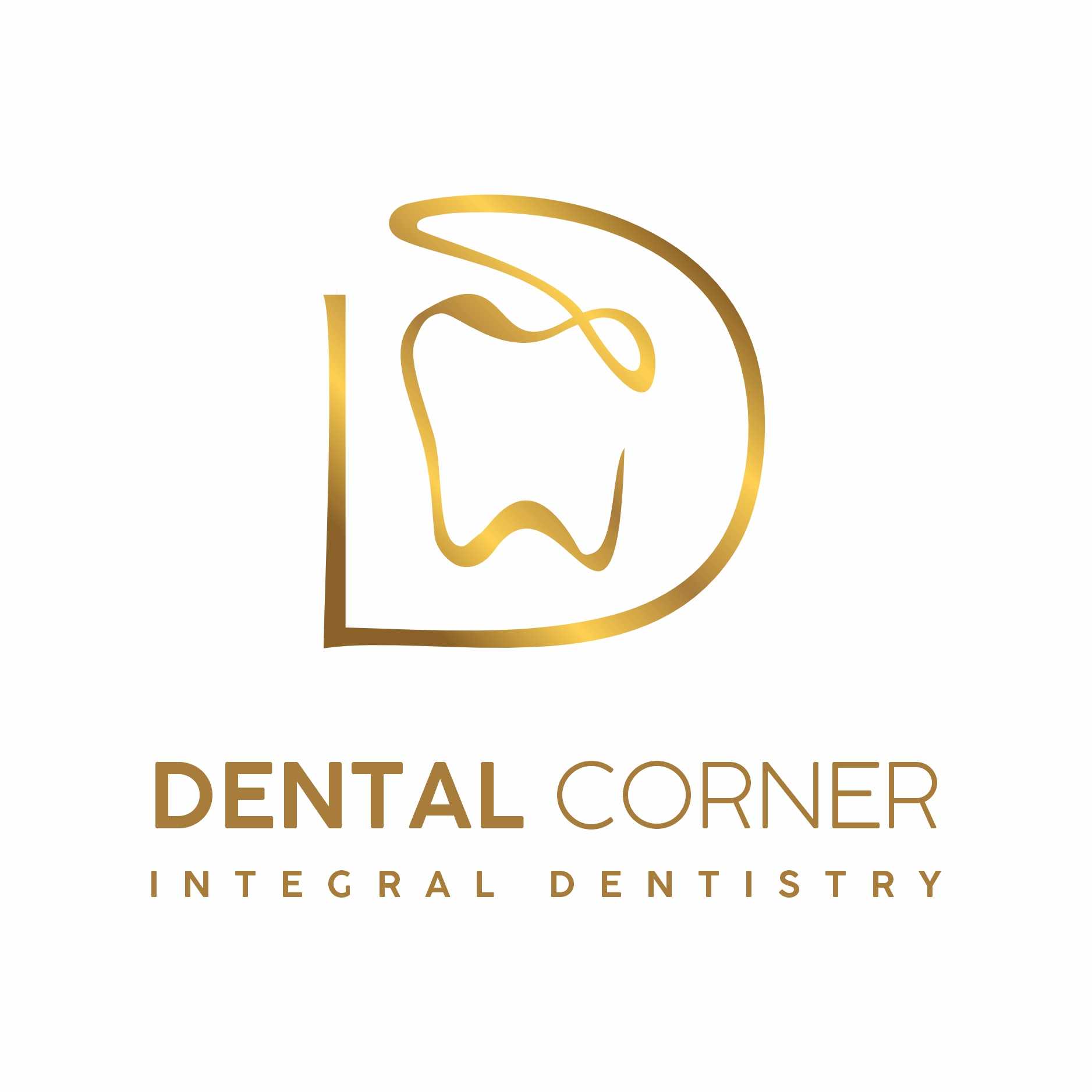
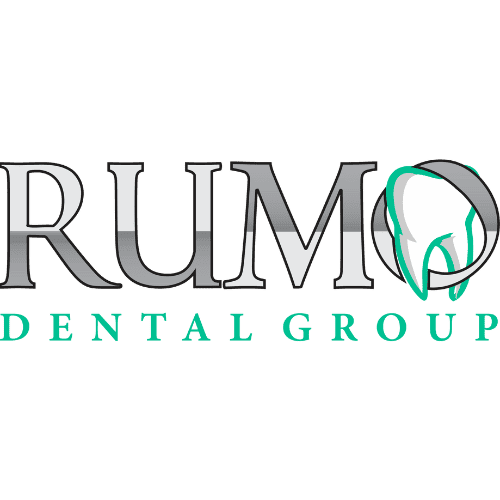




Share this listing